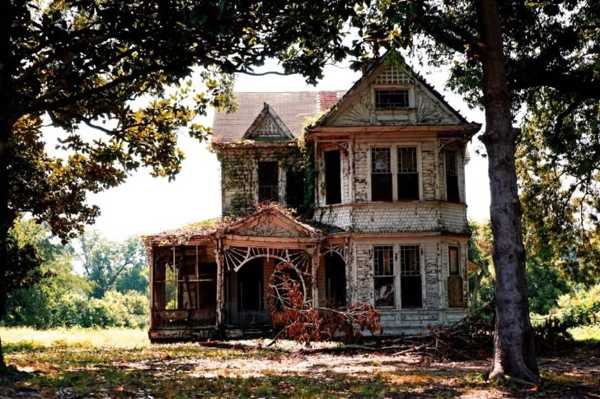When seniors seek affordable retirement housing, inexpensive abandoned homes offer unique opportunities. This article explains how seniors can safely and efficiently purchase these properties, providing an economical and practical housing solution.

Understanding The Appeal Of Abandoned Homes
Abandoned homes are properties that have been abandoned for various reasons, including foreclosure, bankruptcy, or the owner's abandonment. These properties are often sold for much less than the usual market offer. For example, some abandoned homes may sell for 30-60% less than their estimated market value, depending on their condition and location.
Assessing The Viability Of An Abandoned Home For Seniors
Seniors considering an abandoned home need to evaluate several factors:
- Location Safety and Access to Services: It is critical to be close to basic services such as hospitals, grocery stores, and social centers.
- Physical Condition of the Property: Many abandoned homes may require extensive repairs. Seniors need to consider the potential cost and physical effort required for renovations.
- Legal and Financial Considerations: It is important to ensure that the property is free of liens and unpaid taxes to avoid unexpected financial burdens.
Finding Abandoned Properties
Here are practical steps for seniors to take to find these homes:
- Contact local banks and lenders: These companies often have inventory lists of foreclosed homes, some of which may be abandoned.
- Use online and offline foreclosure listings: Websites such as RealtyTrac and local newspapers often list foreclosed or abandoned properties.
- Contact local real estate agents: Some agents specialize in foreclosed properties and can provide valuable insight and guidance.
Financing The Purchase
Buying an abandoned property can be cost-effective but still requires financial planning. Options include:
- Cash payment: Great for those with enough savings because it allows for a quick, hassle-free transaction.
- Senior reverse mortgage: This financial product allows seniors 62 and older to convert some of their home equity into cash.
- FHA 203(k) loans: These loans are designed for homes that need repairs and cover the purchase price and renovation costs.
Navigating The Legal Waters
Before buying an abandoned home, consult with a real estate attorney who is familiar with local property laws. This step is essential to ensure that any legal issues, such as outstanding property debts, are thoroughly resolved.
Importance Of a Proper Inspection
It is essential to hire a professional inspector. He can assess structural damage and critical areas that need repair, such as the roof, plumbing, and electrical systems. This information will help seniors decide if the property is a wise investment or too burdensome.
Possible Pitfalls To Avoid
While abandoned homes may be a bargain, they also come with risks:
- Overestimating your ability to fix it: Consider health restrictions and mobility limitations.
- Underestimating costs: Unexpected repair costs can quickly turn a bargain into a bottomless pit.
- Legal complications: A property without title can land the new owner in legal trouble.
Conclusion
For seniors, owning a home in their later years does not mean battling financial insecurity. Cheap abandoned homes offer unique opportunities but require careful evaluation and intelligent decisions. When seniors understand the risks and benefits and take a thoughtful approach when searching and buying, they can find a house that is comfortable and affordable.
